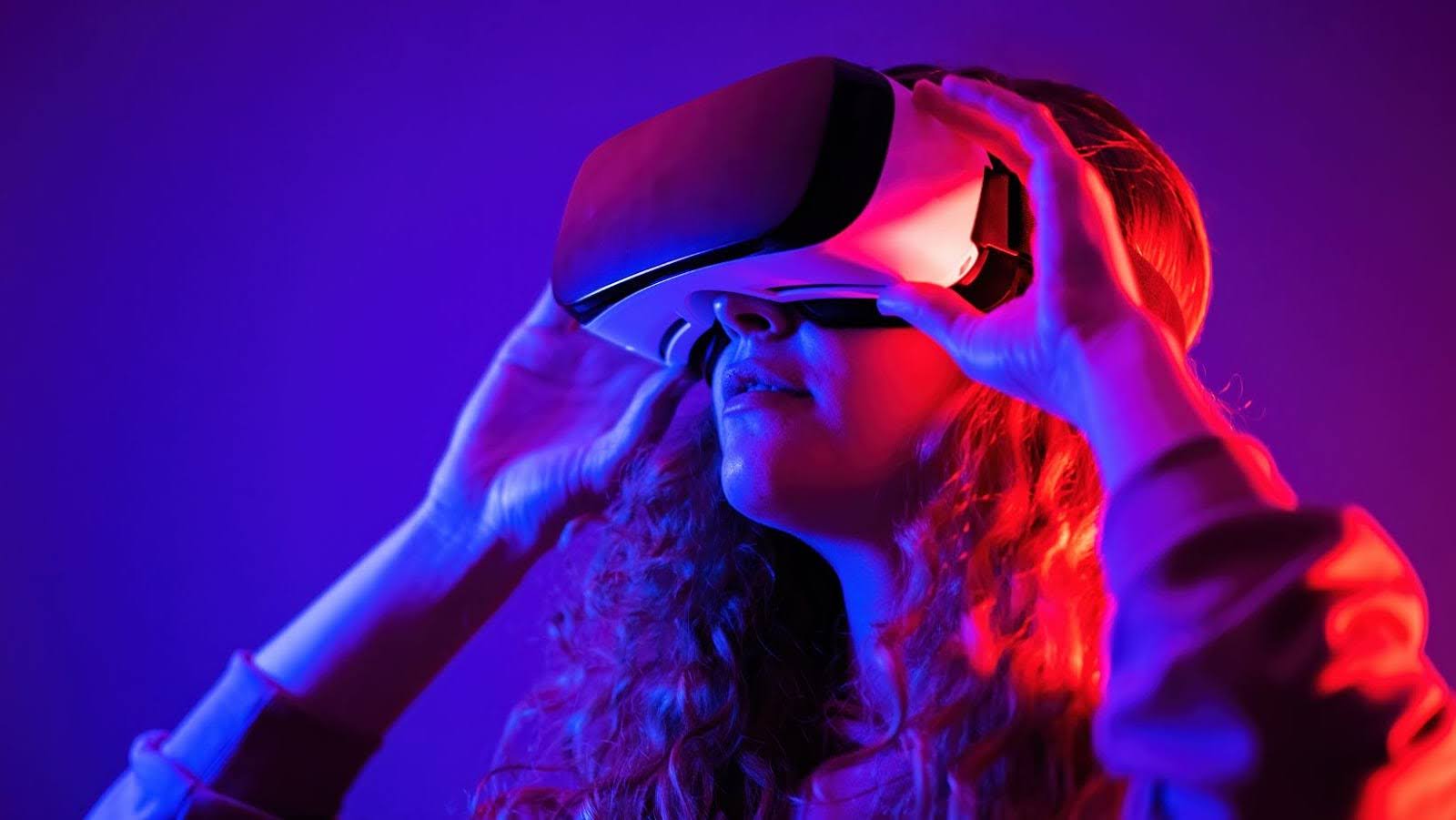Imagine watching your favorite team compete as if you’re right there on the field, hearing the cheers, seeing the players’ sweat, and feeling the energy. Virtual Reality (VR) is making this possible. This technology isn’t just for gamers anymore; it’s shaking up the sports and entertainment industries. From training athletes to changing how we watch games, VR is a game-changer.
Enhancing Fan Engagement
Virtual Reality offers fans unprecedented access to their favorite sports. Imagine putting on a VR headset, and suddenly you’re courtside at an NBA game or sitting near the 50-yard line at a major football match.
- Immersive Experience: With VR, fans experience sports events like never before. The technology transports you to the heart of the action, letting you experience the atmosphere, energy, and tension as if you were actually there.
- Interactive Features: VR isn’t just about watching. Fans can interact with virtual models of their favorite players, check stats, and even play virtual games during halftime. This kind of interaction deepens the fan experience and strengthens emotional connections to teams.
- Personalized Viewing: Viewers can choose their preferred angle, switch between different cameras, and explore virtual arenas. The result is a highly personalized and engaging viewing experience.
Revolutionizing Athlete Training
Athletes are always looking for a competitive edge, and VR provides several. By simulating real-game scenarios, VR helps athletes improve without the physical risk.

- Safe Environment: Athletes use VR to practice in safe, controlled environments. They can replay critical moments, adjust strategies, and enhance their skills without physical constraints.
- Performance Analysis: Coaches and analysts leverage VR to dissect game footage from multiple perspectives. Insights gained from VR analysis help optimize training routines and game plans.
- Decision-Making Skills: VR training hones athletes’ decision-making abilities and reaction times, which are crucial for high-pressure situations. Practicing in a virtual world translates to better performance on the field.
Advancing Sports Broadcasting
Sports broadcasting is also evolving thanks to Virtual Reality. Broadcasters can now offer an entirely new viewing experience to their audience.
- Interactive Broadcasts: Viewers have control over how they watch a game. Switching between different angles, exploring virtual stadiums, and even experiencing the viewpoint of players is now possible with VR.
- Enhanced Storytelling: Broadcasters use VR to create more immersive and engaging stories. Highlights become more thrilling and recaps more comprehensive.
- Viewer Engagement: More interactive content keeps viewers engaged longer. Sports channels can retain viewers by providing a more dynamic and appealing broadcast experience.
Career Opportunities in VR Sports Entertainment
As VR continues to grow, it opens a world of opportunities for those passionate about sports and technology.

- VR Sports Content Developer: Creating immersive content like virtual stadiums and game simulations is the job of VR sports content developers. They bring the virtual sports world to life.
- VR Sports Analyst: These analysts provide valuable insights to teams by analyzing player movements and game strategies using VR tools. Their work aids in making informed decisions.
- VR Sports Broadcast Producer: Producers in this space manage the capture, editing, and production of VR sports content. They work to ensure broadcasts are seamless and engaging.
- VR Sports Equipment Specialist: Specialists are needed to set up and maintain VR equipment. They keep the technology running smoothly for athletes and broadcasters.
- VR Sports Marketing Manager: These managers develop VR marketing campaigns and create immersive fan experiences. They help sports organizations engage fans and enhance brand experiences. With the growing role of platforms like FanDuel sports, marketing managers are utilizing VR to deepen fan interaction and create more dynamic virtual environments during games.
Conclusion
VR is transforming the sports entertainment landscape. It enhances fan engagement, revolutionizes athlete training, and advances sports broadcasting. For those looking to combine their love for sports and technology, numerous exciting career paths await. As VR continues to evolve, it promises to keep pushing the boundaries of what we thought possible in sports entertainment. VR isn’t just a trend; it’s here to stay and reshaping the industry in innovative ways.
Discover the world of VR sports and prepare to be amazed at how it can change the way we experience our favorite games. The future of sports entertainment is here, and it’s virtual.

